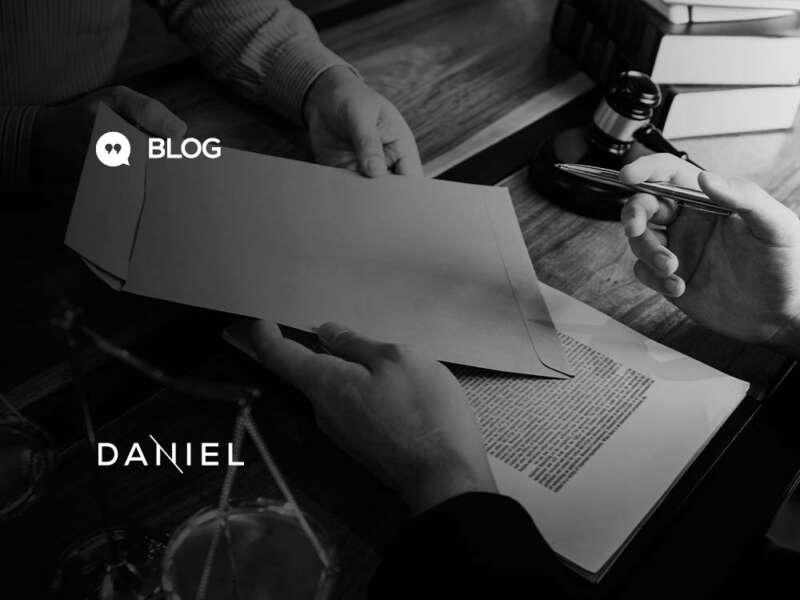Are you interested to learn about some of the particularities of patent prosecution and opposition in Brazil?
Here we take a look at 7 “introductory questions” that people routinely want answered when looking to Brazil as a potential country to expand their patent portfolios.
1. Are all types of subject matter patentable, and if not, what types are excluded?
No. According to the Patent Statute, the following are not patentable:
“I. discoveries, scientific theories and mathematical methods; II. purely abstract concepts; III. schemes, plans, principles or methods for commerce, accounting, financing, education, advertising, lottery and control; IV. literary, architectural, artistic and scientific works, or any aesthetic creation; V. computer programs per se; VI. presentation of information; VII. rules of a game; VIII. operating or surgical techniques and methods, as well as therapeutic or diagnostic methods for the treatment of humans or animals; and IX. the whole or part of natural living beings and biological material found in nature or also isolated therefrom, including the genome or germplasm of any natural living being and the natural biological processes.”
In addition, the Statute provides that the following are not patentable:
“I. that which is contrary to [accepted principles of] morality and good conduct and to public safety, order and health; II. substances, matter, mixtures, elements or products of any kind, as well as any modification of their physical-chemical properties and the respective processes of obtaining or modifying them, when they result from the transformation of the atomic nucleus; and III. the whole or part of living beings, except transgenic microorganisms which meet the three requirements for patentability – novelty, inventive step and industrial application – specified in Article 8 and which are not mere discoveries.”’
2. Is there a duty to disclose prejudicial prior disclosures or documents to the patent office? If so, what are the consequences of the failure to comply with the duty?
No, there is not.
3. May the grant of a patent by the patent office be opposed by a third party, and if so, when can this be done?
The grant or issue of the patent can be challenged by a third party within six (6) months from said grant or issue date. These are known as administrative nullification proceedings or post-grant proceedings. Before the actual grant of the patent, third parties may file observations in the application. These observations can be submitted from the publication of the application up to the conclusion of the examination (pre-grant “opposition”).
4. Is there a right of appeal from a decision of the patent office, and if so, to whom?
A decision rendered by the Patent Examiner rejecting a patent application may be appealed to the President of the BPTO. The final decision rendered by the BPTO may be appealed to the Federal Courts in a judicial review lawsuit.
5. How are disputes over entitlement to priority and ownership of the intention resolved?
Disputes over priority or ownership are usually resolved by the courts. A priority claim must be proved by means of a suitable document of origin, containing the number, date, title, specification and, when they exist, claims and drawings, accompanied by a simple translation of the certificate of filing or equivalent document containing data identifying the application, the contents of which will be of the entire responsibility of the applicant. If two or more authors have independently devised the same invention or utility model, the right to obtain a patent will be assured to whoever proves the earliest filing, independently of the dates of invention or creation. The withdrawal of an earlier filing without producing any effects will give priority to the first later filing.
6. Is there a “grace period” in your jurisdiction, and if so, how long?
Yes, there is. The grace period is twelve (12) months, and the disclosure of an invention or utility model shall not be considered state of the art if it occurs during the twelve (12) months preceding the filing date or priority date of the patent application when made by: I) the inventor; II) the BPTO through the official publication of the patent application filed without the consent of the inventor based on the information obtained from him or resulting from his acts; or III) third parties, on the basis of information obtained directly or indirectly from the inventor.
7. What is the term of the patent?
The term of a patent of invention is twenty (20) years and that of a utility model patent is fifteen (15) years counted from the filing date of the application.
Was this information useful? Do you have other doubts on Brazilian IP and Tech issues? Just let us know. We will be glad to answer your questions and help you get you started with your Brazilian IP strategy.

